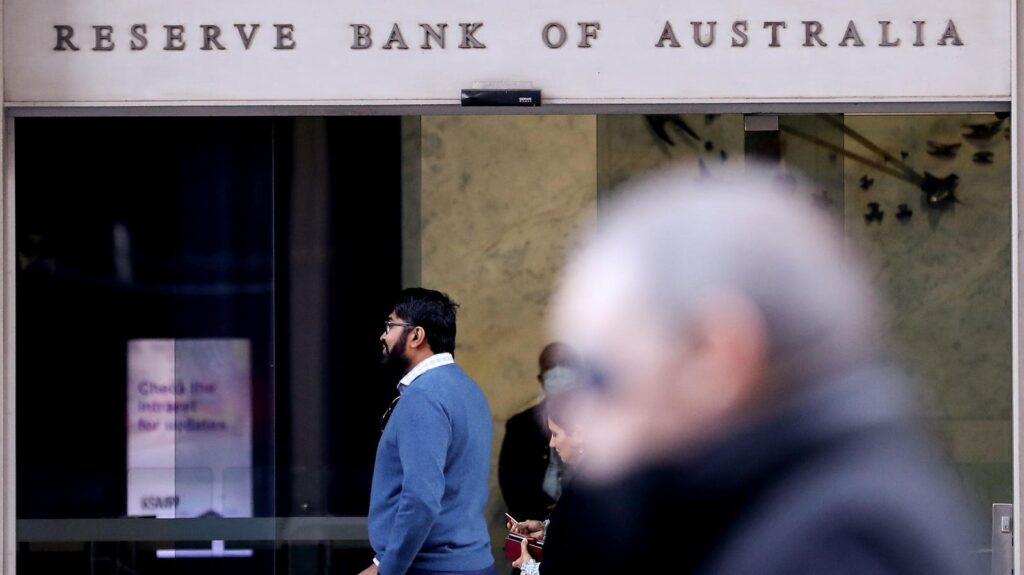Recent research from the Reserve Bank of Australia (RBA) highlights intriguing attitudes among consumers regarding the idea of digital fiat currency. The findings suggest that consumers do not prioritize safety in their perceptions of fiat currencies, as many are unaware of the technical distinctions between commercial bank money and central bank money. Instead, there is a notable emphasis on privacy, with a significant willingness to pay extra for enhanced privacy options in digital transactions. In essence, consumers value the ability to maintain transaction anonymity, indicating that privacy could be a motivating factor in the adoption of a retail central bank digital currency (CBDC) in Australia.
The RBA’s exploration of retail CBDCs in Australia primarily examines consumer interest in a digital currency that is safer and more private than existing commercial bank deposits. While safety is often a critical component in financial transactions, the stability of Australian bank deposits, reinforced by a comprehensive deposit protection scheme, leads many consumers to see them as safe. As such, it is not feasible to sell the concept of a CBDC based on safety, especially when alternatives such as cash remain accessible. Instead, the focus shifts to privacy, where consumers express a clear preference for having greater control over who can access their transaction data.
Interestingly, data from the RBA indicates that Australian consumers, on average, express a willingness to pay an additional A$5 for digital accounts that offer transaction data sharing exclusively with the central bank, rather than with commercial financial institutions. This choice reflects a strong inclination among privacy-sensitive users to prioritize secure and anonymous transactions, even if it means incurring additional costs. This perspective opens up discussions about how such privacy-focused preferences could potentially subsidize the operational costs of a CBDC, projecting a possible contribution of approximately A$60 million in annual revenue to the system.
The dialogue around anonymity in transactions reveals a complex landscape filled with paradoxes. While consumers desire the protection of anonymity for themselves, there is an inherent fear of that same anonymity being exploited by wrongdoers. The general public tends to support oversight of transactions to combat criminal activity, but at the same time, they wish to preserve their own privacy. This dichotomy presents a challenge in establishing policies that would satisfy both the security concerns of society and the privacy desires of individual users. Policymakers might need to navigate these interests with caution, ensuring that law enforcement has the tools to combat crime without infringing on the rights of regular users.
One potential solution to address the issue of anonymity in transactions is to employ advanced analytical techniques to differentiate between legitimate use and illicit activities involving CBDCs. By recognizing that the possession of anonymous digital currency could be correlated with criminal conduct, authorities might be better positioned to allocate their resources effectively without infringing upon the rights of everyday users. This could draw on concepts from big data analysis and machine learning to combat criminal enterprises while keeping non-criminal actors’ anonymity intact. Thus, the implications of allowing anonymity in electronic transactions may ultimately facilitate a more nuanced approach to law enforcement, rather than wholly eliminating privacy options.
The ongoing discussion regarding privacy and anonymity in digital currencies reflects a broader societal debate about the acceptable limits of financial transparency. As CBDCs continue to be explored globally, the realization that privacy and anonymity are distinct yet intertwined concepts is paramount. Policymakers may need to reconsider conventional notions of privacy within digital transactions, potentially offering tiers of privacy or subscription models for users who wish to protect their transaction data more resolutely. Such initiatives could propose a framework where those willing to contribute financially could help support a robust system while also providing unprivileged individuals with basic access to secure wallets. By fostering a balance between privacy and accountability, society might conclude that it is indeed feasible to embrace the benefits of digital currencies without sacrificing the foundational principles of safety and trust.

